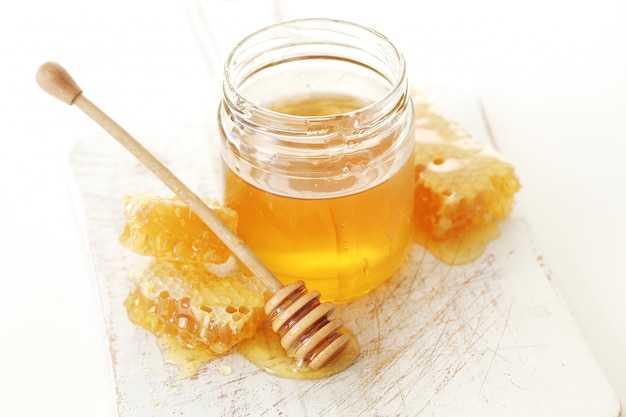Let’s explore if this tax incentive is living up to its expectations or if the government losing a considerable amount of revenue.

Honey has long been valued for its health advantages and natural sweetness. When it comes to taxes, honey enjoys unique treatment. The Nigerian government announced and implemented VAT exemptions for honey (raw and Semi-processed) through the Finance Act 2019.

This incentive on Honey has had a significant impact, which includes an increase in production as well as consumption and affordability. Yet with this incentive, Nigeria is the 93rd largest importer of honey in the world. According to the Federal Ministry of Agriculture and Rural Development, Nigeria consumes approximately 400,000 tonnes of honey annually but produces only 10% of it. The country imports 360,000 metric tonnes of honey, resulting in an import cost of over $2 billion annually.
Going by this statistic, we feel that the VAT exemption on locally produced honey is of great benefit to the economy and the Nigerian honey industries, but the government should categorically fine-tune the legal framework concerning imported honey and the nomenclature of semi-processed and processed honey.
We are of the view that all forms of imported honey should be vatable; without this, the benefits that the industry is enjoying will be eroded by the staggering amount of honey being imported into the country, and the government will lose a lot of revenue in this regard.
